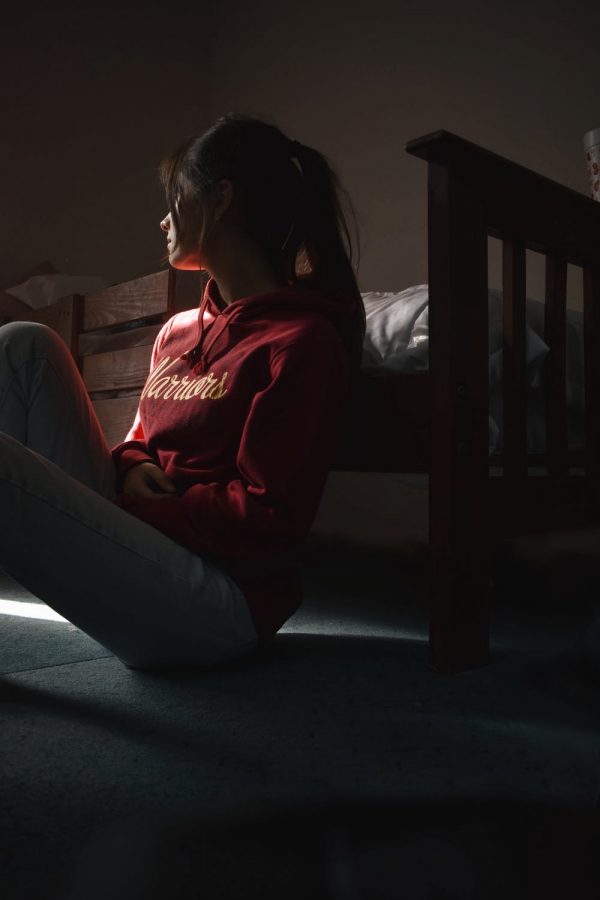Social Media and Mental Illness
The exponential growth of social media over the past 10 years has seen a rise in different subcultures now that they have a platform. People with shared interests who wouldn’t have been able to even meet can now connect from halfway across the world. Along with that, new subcultures have been born: one of the most notable being an internet subculture with a shared fixation on mental illness.
Pretty much every social media platform, the most notable being Tumblr and more recently TikTok, have this culture somewhere within their millions of daily posts. From filtered images with sad quotes to black and white pictures of pretty girls smoking, this culture seems to focus on a romanticization of mental illness rather than raw depictions. Depression, anxiety, and eating disorders are painted as quirky traits and the people see them as things that make them more interesting instead of seeing them as serious illnesses.
That’s not to say that the people within these cultures don’t actually suffer from mental illness. According to the National Institute of Mental Health, 29.4% of people aged 18-25 reported suffering from some sort of mental illness in 2019, compared to 14% of people above 50.
Social media is not only good for turning mental illness into a poetic melancholy; online platforms are allowing people to end the negative stigma around mental illness. Rather than seeing mentally ill people as wildcards who are a danger to the people around them, mental illness is largely being accepted as a normal occurrence.
Undoubtedly ending the stigma is a good thing, but many people walk on the line between ending the stigma and sensationalizing mental illness. Making mental illness out as beautiful is dangerous for young people who use social media. Sad quotes on Instagram don’t come close to capturing any of the serious repercussions of mental illness.
If you or someone you know is struggling with mental health or needs to talk to somebody, there are always resources and people you can reach out to. You can always talk to your school counselor or teacher. The Crisis Text Line is available 24 hours a day and doesn’t require you to actually talk. The Suicide Hotline is also available 24/7, and all you have to do is call 1-800-273-8255.

Lindsay is a senior at Rocky and is passionate about video games and feminism. After high school, she plans to move to Los Angeles to attend college and...


